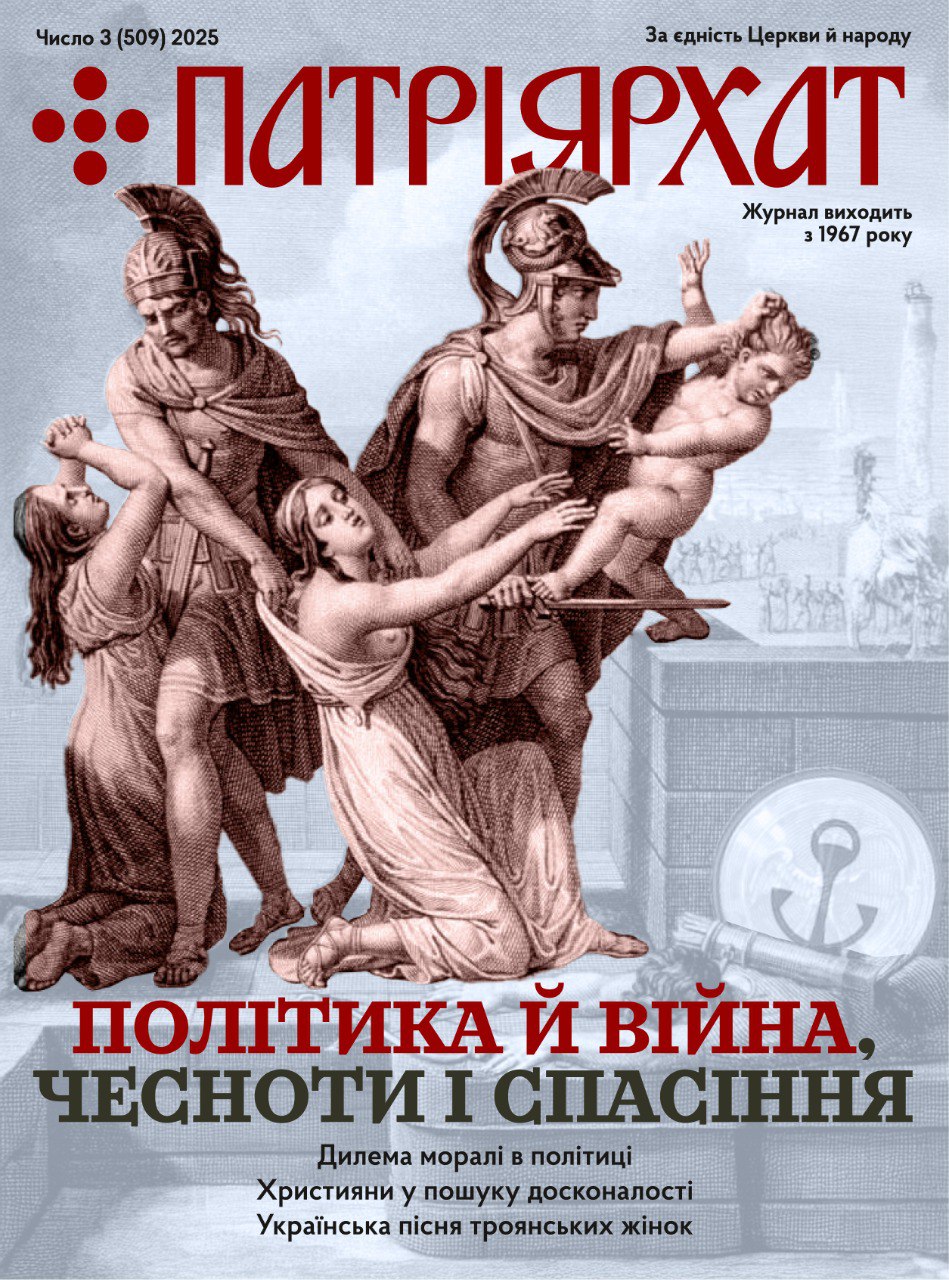The present conflict between some members of the Vatican curia and the Ukrainian Catholic Church has caused considerable uneasiness on the part of many good Ukrainian Catholics and a great deal of eyebrow-raising among non-Ukrainian Christians. Very frequently one hears the questions, “how can you Ukrainians fight the Vatican? Why don’t you buckle down and obey the Pope?”, and other questions along these same lines.
In order to answer these question, one must first consider their relevance to the case in point. To begin with, the problems besetting the Ukrainian Catholic Church are not of theological or dogmatic or religious nature. They are primarily administrative problems, which, to be sure are of crucial importance to the survival of the Ukrainian Catholic Church. In view of this, however, there can be no question about obedience to the Holy Father, or even about “fighting” the Vatican. Our problem is not with the Vatican as a whole nor with the Holy Father as such, but with those members of the Roman Curia who persist on pursuing a political course which is harmful to the Ukrainian Catholic Church in particular, and, in our opinion, to the Universal Church in general. Under these circumstances the Ukrainian Catholic Church must strive to counteract the political machinations of those curia members whose activities endanger the spiritual well being of the members of a particular Church and weaken the very fiber of Christianity. We Ukrainian Catholics are duty bound to fight for what we believe is the good of our Church, otherwise we can not consider ourselves good Catholics.
One of the major issues here is of course the erection of a patriarchate for the Ukrainian Catholic Church. During his recent Visitation His Beatitude Cardinal Joseph Slipyj was, as we have reported previously along with the world press, elected Patriarch by acclamation. This development by its very nature will provoke even more eyebrow-raising from those quarters who persist in doubting the validity of our quest and continue to criticize the tactics employed by the Ukrainian faithful.
However, the election of His Beatitude Joseph Cardinal Slipyj as Patriarch by his faithful is a fait accompli and as such it is of great importance. History of the Church itself bears out the validity of such action. This was pointed out most eloquently by the eminent German theologian Wilhelm de Vries, during a seminar on the Eastern Churches held at Fordham University last year. To quote Fr. de Vriess “In the first millenium, Rome had no idea that bishop of Rome gave the patriarchs… their rights to govern a region of the Church. Rome simply acknowledged the custom which developed. Thus both in Antioch and Alexandria, a practice and custom developed and this custom created the right. Then the Council of Nicea accepted and approved the existing custom. It did not create the right. The popes did not entertain the idea that they had granted these patriarchs their rights.” This quote from Father de Vries is of great importance for us today. For, as he himself pointed out later in his paper: “If the Church existed one thousand years without the conception of primacy, this proves that such a conception is not necessarily founded on divine law…it is the development of the common or human law… It is very important for the Ukrainians to realize this and deduce conclusions from this fact.”
Thus, in effect, by electing His Beatitude Joseph Cardinal Slipyj Patriarch, the Ukrainian people have founded a custom which, if properly sustained, adhered to, and cherished, will eventually become law.
Perhaps a more cogent example of this principle can be taken from the recent history of the Melchite Church, one of the ancient Eastern Churches. The Melchites are Eastern Rite Catholics of Middle East origin, and their history is a fascinating story of struggle against curial politfies designed to curtail their rights. At one point in their history, the Melchites, as many other Christian communities, broke away from the Church and were united .with it only after 6 centuries. But even in the relatively recent past, there have been conflicts between the Holy See and the Melchite hierarchy caused by an assertion of rights claimed by each side. There were several Melchite synods which the Vatican did not recognize, and various attempts by the Melchite Church to be an independent law-making community were rejected by Rome. The renowned Patriarch Maximos The Third Mazlum (1833-1855) had many difficulties with Rome, but finally in 1838 the Hole See gave him as a personal privilege the right to assume the threefold title of Patriarch of Antioch, Alexandria, and Jerusalem; this right has been uninterruptedly renewed by all his successors, who also have waged many battles with the Vatican. The present Patriarch of the Melchites, His Beatitude Maximos The Fifth Hakim, also has experienced a great degree of difficulties from the Congregation of Eastern Churches, but he has always stood up for his rights and ha’s managed to retain the autonomous status of his Church. Patriarch Maximos, along with His Beatitude Patriarch Joseph Slipyj, has been an outspoken champion of the traditions of the Christian East and a severe critic of those who would abrogate these traditions.
It is therefore clear, that the Ukrainian Catholic Church must pursue a firm policy in defense of its rights. History of the Catholic Church in general, as well as the history of the Melchite Christians prove, that any church in union with Rome, which wants to maintain its autonomous status and its custom and traditions must be prepared to fight for them.
It has been the policy of the Holy See over the course of centuries to reject things initially, only to accept them later quietly once they proved themselves to be of lasting permanence.
Rome will learn to live with a Ukrainian Patriarchate if only the Ukrainians themselves will abide by their own customs and traditions.

